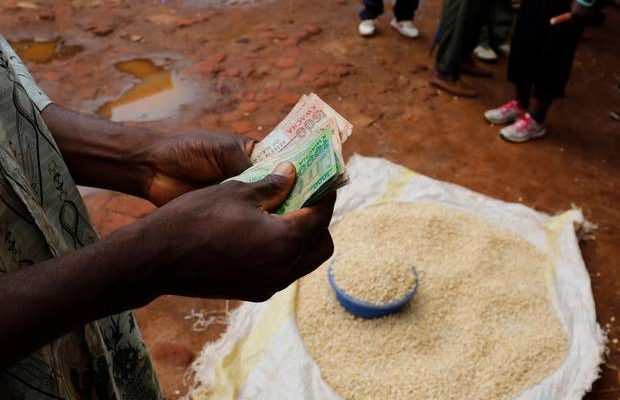
Amid continued efforts to reduce levels of food insecurity at household level in the country, USAID has launched the $70 million (MK 51.5 billion) Titukulane Project.
According to the Malawi government, the development is in Support of Malawi’s National Resilience Strategy which encourages the implementation of resilience-focused policies and actions.
Titukulane is expected to be implemented in 20 Traditional Authorities in Mangochi and Zomba districts with direct assistance to 723,111 people in 290,722 households.
The development follows research findings which have shown that despite government and donor investments in livelihoods, food security, nutrition, and resilience, over 50 percent of the population of Malawi lives below the poverty line.
It is reported that many activities have neither sufficiently reduced the number of chronically food and nutrition insecure households nor effectively enhanced the capacity of local and government structures to implement resilience-focused policies and actions.
Recently the Government of Malawi developed a National Resilience Strategy (NRS) aiming at guiding investments in agriculture, reducing impacts, improving recovery from shocks, promoting household resilience, and strengthening management of Malawi’s natural resources.
In support of these efforts, USAID has announced a new $70 million (MK 51.5 billion) award to CARE and a consortium of partners to implement the Titukulane Development Food Security Activity which is directly aligned with NRS priorities.
Once implemented, Titukulane will achieve sustainable and equitable improvements in food and nutrition security by supporting the development of more accountable and gender-focused systems.
USAID believes that Titukulane will help to eliminate poverty and inequality by ensuring that the principles of good governance are transparent, accountable, participation, and inclusion.














